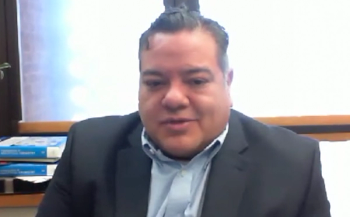
New Estimation Model for the Analysis of Biological Samples
Scientists from the Rollins School of Public Health at Emory University (Atlanta, Georgia) have developed a new estimation model for the analysis of biological samples through liquid chromatography-mass spectrometry.
Scientists from the Rollins School of Public Health at Emory University (Atlanta, Georgia) have developed a new estimation model for the analysis of biological samples through liquid chromatography-mass spectrometry.
The new statistical method, created by Tianwei Yu and Hesen Peng, demonstrates that peak modeling represents a core component in processing data for LC-MS studies.
“To accurately quantify partially overlapping peaks, we developed a deconvolution method using the bi-Gaussian mixture model combined with statistical model selection,” they write in their report.
This new method allows LC-MS a way to quantify metabolites, which in turn enables more complex biological samples to be analyzed. The model created by Yu and Peng was developed by carrying out an extensive series of simulations, along with the testing of real-world samples.
Newsletter
Get essential updates on the latest spectroscopy technologies, regulatory standards, and best practices—subscribe today to Spectroscopy.




